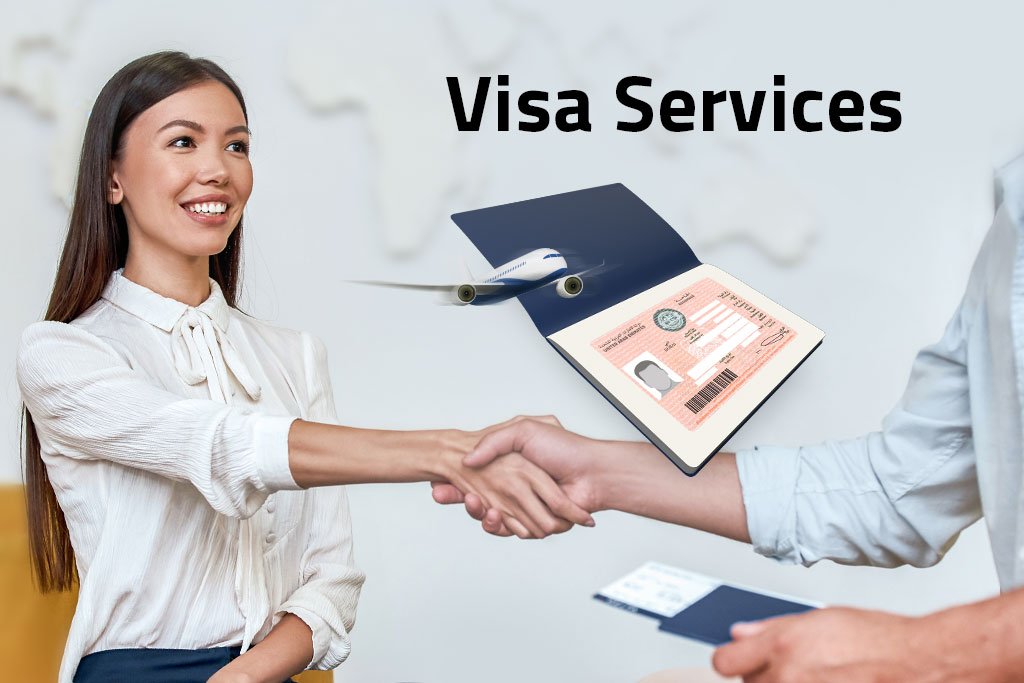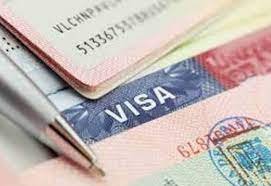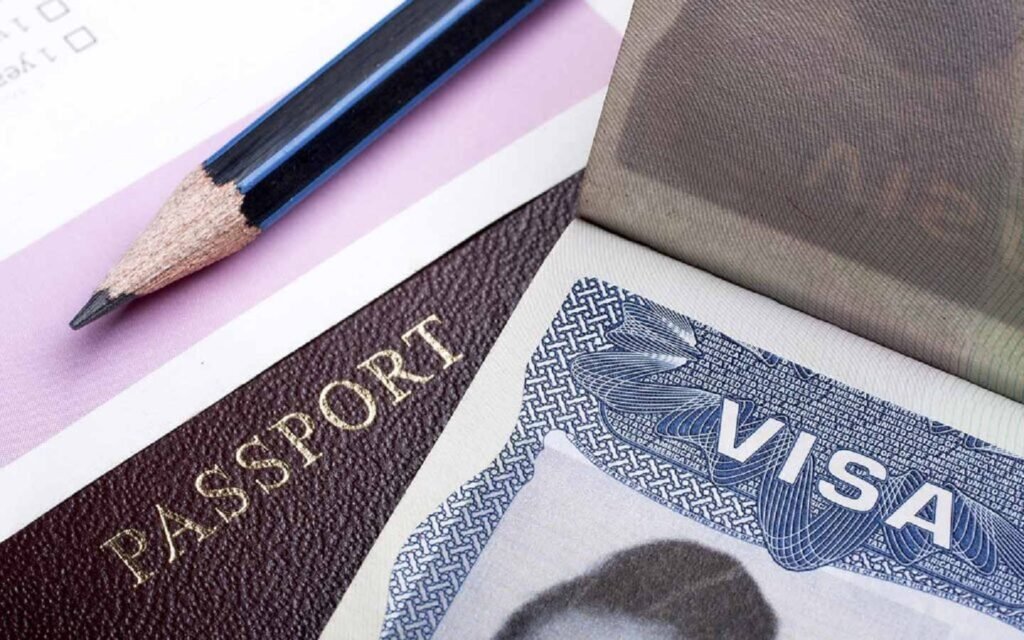With the rise of remote work and digital entrepreneurship, the UAE has opened its doors wide for freelancers. Whether you’re a content creator, tech professional, designer, consultant, or educator, applying for a freelance visa in the UAE gives you the legal right to work independently and tap into the region’s booming economy.
But the process can be confusing, especially if you’re unfamiliar with local laws and platforms. In this detailed guide, we break down everything you need to know — from eligibility and costs to documentation and where to apply — so you can start your freelancing journey in the UAE with confidence.
What is a Freelance Visa in the UAE?
A freelance visa is a legal document that allows an individual to work independently in the UAE without being tied to a specific employer. It includes:

- Freelance Permit: Authorization to operate as a freelancer
- Residency Visa: 2 or 3-year residency (depending on the authority)
- Emirates ID: Your official identity card within the UAE
With this visa, you’re allowed to work with multiple clients, issue invoices legally, and open a bank account.

Who is Eligible to Apply?

The UAE welcomes freelancers from a variety of sectors. Some of the most in-demand freelance fields include:
- Media and content creation
- IT and software development
- Marketing and SEO
- Education and tutoring
- Design (graphic, fashion, interior)
- Fitness and wellness training
- Business consulting
- Photography and videography
You must be over 18, hold a valid passport (with 6+ months validity), and prove relevant qualifications or experience in your field.
Popular Freelance Visa Providers in UAE
Here are some free zones and authorities that offer freelance permits and visas:
- Dubai Development Authority (DDA) – via GoFreelance
- RAKEZ (Ras Al Khaimah Economic Zone)
- Fujairah Creative City
- Twofour54 (Abu Dhabi)
- Ajman Free Zone
- Sharjah Media City (Shams)
Each has its own pricing structure, timelines, and permitted categories, so it’s important to choose based on your industry and where you want to operate.
Steps to Apply for a Freelance Visa
Here’s a step-by-step breakdown of how to apply for a freelance visa in Dubai, which is a model process across the UAE:
Step 1: Choose Your Free Zone or Platform
Start by selecting the appropriate authority or platform for your profession. For example, GoFreelance (under DDA) caters to media, tech, and education professionals.

Step 2: Apply for a Freelance Permit
You’ll need to submit an application for a freelance permit online or through an agent. Documents typically include:
- Passport copy
- Recent passport-size photograph
- Resume or CV
- Portfolio or work samples (for creative professionals)
- Academic qualification (attested certificate, if required)
- NOC (No Objection Certificate) from your current sponsor (if on a dependent or employment visa)
Step 3: Approval and Payment
Once your documents are approved, you’ll receive an initial approval. Pay the permit fee (varies by authority, ranging from AED 7,500 to AED 15,000 annually).
Step 4: Apply for Entry Permit (If Needed)
If you are not currently a resident in the UAE, you’ll need to apply for an entry permit to start the residency process. This is usually valid for 60 days.
Step 5: Undergo Medical Fitness Test
All visa applicants must undergo a medical test (blood test and chest X-ray) at an authorized UAE medical center.
Step 6: Apply for Emirates ID
Once your medical test is clear, you can apply for your Emirates ID. This ID is your official proof of identity within the UAE.
Step 7: Residency Visa Stamping
Finally, your residency visa will be stamped in your passport. This is typically valid for 2 or 3 years, depending on the free zone.

Costs Involved
Here’s a breakdown of average costs:
- Freelance Permit: AED 7,000 – AED 15,000/year
- Entry Permit (if outside UAE): AED 1,000 – AED 1,500
- Medical Test: AED 300 – AED 500
- Emirates ID: AED 370 – AED 1,000
- Residency Visa: AED 3,000 – AED 5,000 (may be bundled with the permit)
These may vary based on the provider and duration of visa.
Benefits of a Freelance Visa in the UAE
- Legal Independence: Work for multiple clients legally
- Flexibility: Choose your hours, projects, and rates
- Residence: Enjoy long-term stay in the UAE
- Banking Access: Open a bank account in your name
- Business Growth: Potential to upgrade to a full company license
- Family Sponsorship: Sponsor your spouse or children (depending on income)
Freelance Visa vs. Business License
Freelance visas are ideal for solo professionals. If you plan to hire employees or operate a larger business, you may need a trade license or company setup. For side hustles or individual service providers, a freelance visa is more affordable and straightforward.
Tips for Success as a Freelancer in UAE
- Build an Online Presence: Have a professional website or LinkedIn profile
- Register on Marketplaces: Platforms like Upwork, Nabbesh, and Freelancer.ae are great to find local work
- Network: Attend events, expos, and workshops to connect with potential clients
- Be Clear with Contracts: Always work with signed agreements, especially when invoicing
- Track Finances: Use accounting software or a freelancer-friendly bank to manage income and taxes
Common Mistakes to Avoid
- Applying through unverified agents
- Choosing the wrong free zone for your industry
- Not renewing your permit or ID on time
- Freelancing without a valid permit (this is illegal and can lead to fines)
Conclusion
The UAE has embraced the freelance revolution, offering professionals from across the world a chance to live, work, and thrive independently. With the right documentation, a bit of planning, and a proactive mindset, you can start a successful freelance career in one of the most dynamic regions on the planet.
Whether you’re a creative, tech expert, consultant, or educator — a UAE freelance visa opens doors to flexibility, freedom, and financial potential. It’s more than just a visa. It’s your gateway to becoming your own boss in the heart of the Middle East.
Do follow UAE Stories on Instagram













